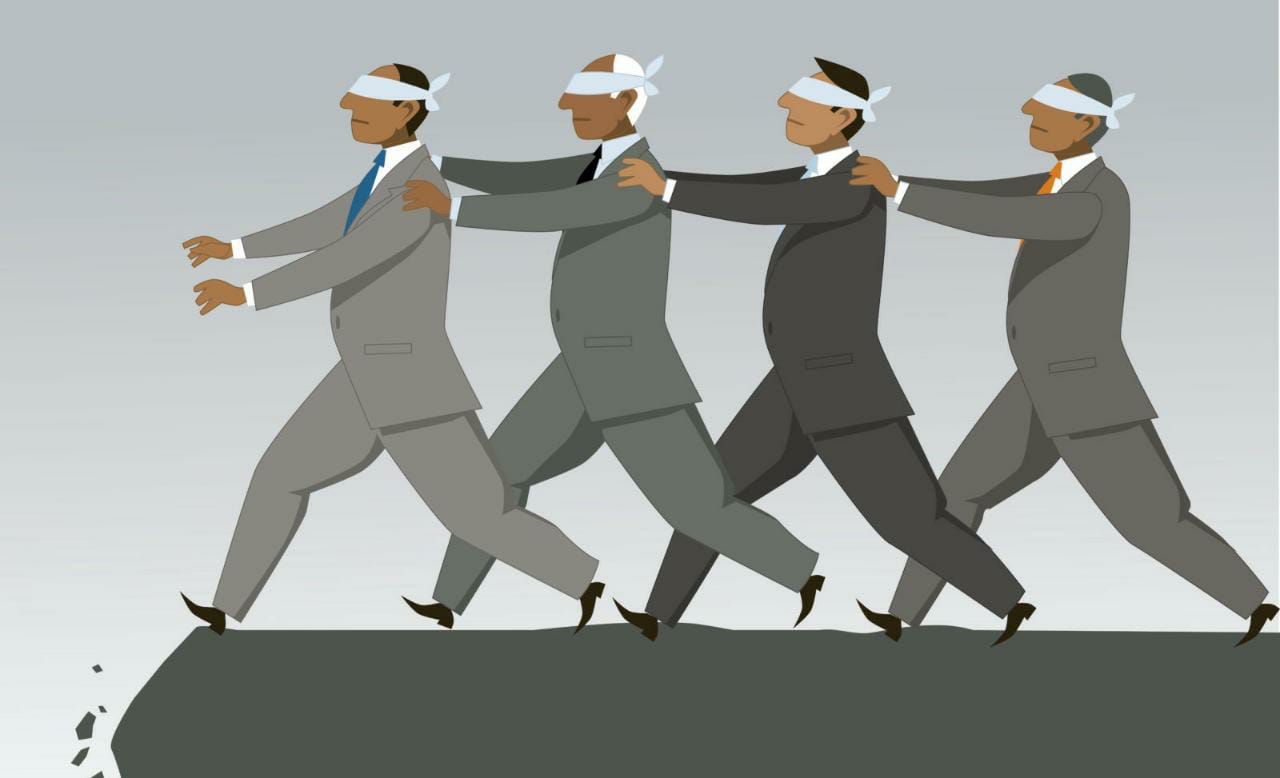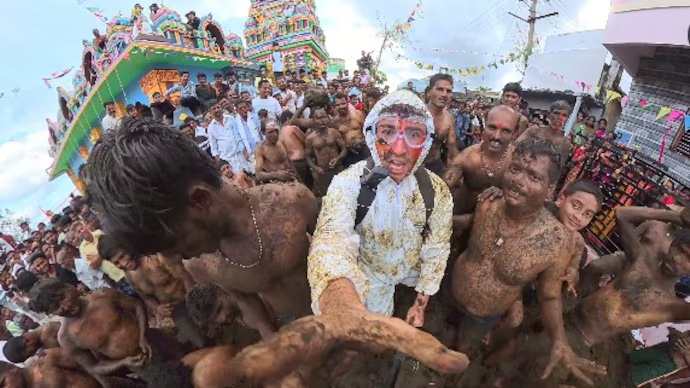Now Reading: Psychology of Mob Mentality
-
01
Psychology of Mob Mentality
Psychology of Mob Mentality

Mob mentality is a powerful psychological phenomenon where individuals in a group adopt behaviors and attitudes they might avoid alone. In India, including Tier 2 cities, incidents of mob aggression, protests, or mass panic highlight how quickly rational thinking can be overridden by collective influence. Understanding this psychology is key to addressing crowd behavior and preventing harm.
One major factor is anonymity. When people are part of a crowd, they often feel less accountable for actions, which can lower inhibitions and encourage aggressive or risky behavior. This sense of safety in numbers can lead to actions that an individual would normally avoid.
Emotional contagion also plays a role. Fear, anger, or excitement spreads rapidly among group members, amplifying reactions. Seeing others act intensely can trigger a chain reaction, pushing the group toward extremes in behavior or decision-making.
Social proof influences mob behavior as well. Individuals assume that the group knows the right course of action, even if it is irrational. This can lead to participation in acts that go against personal morals, simply to conform or avoid standing out.
Mob mentality can have serious consequences, from property damage to social unrest or personal harm. Awareness campaigns, crowd management strategies, and promoting critical thinking in communities can help mitigate these risks.
In conclusion, mob mentality demonstrates the power of collective psychology. While the group can amplify energy and emotion, it can also override judgment. Understanding its triggers and promoting accountability are crucial, especially in Tier 2 cities where crowds often form during social or political events.

























